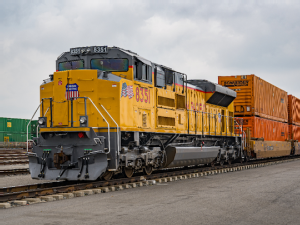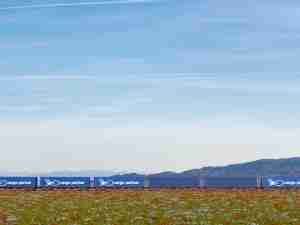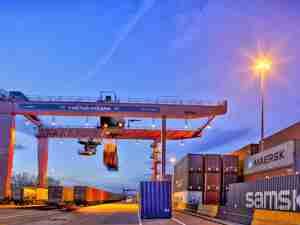Truckers were protesting the government's move in June to require drivers to rest at least 10 to 12 hours a day in an attempt to reduce accidents and improve road safety.
Several thousand members of the MUBC Brazilian truckers union then began blocking federal highways.
"Everyone agreed to form a negotiating group. The group... will have 30 days to work over the demands from the truckers," Transport Minister Paulo Passos told reporters in Brasilia after announcing that truckers had ended the stoppage.
While a national truckers strike a decade ago forced the government to send in the army after it choked off supplies to grocery stores and filling stations, the latest labor action was more isolated.
However, it had started to hurt local businesses.
The strike restricted bird feed supplies to poultry producers as well as the transporting of animals, said Ubabef, Brazil's poultry producers association. That highlighted the risk of a prolonged strike driving up local food prices.
In southern Rio de Janeiro state, trucks had totally blocked traffic over the weekend in one direction on the Dutra, Brazil's most important commercial corridor between Rio and Sao Paulo. Police said they have since moved trucks to the shoulder, which allowed the flow of cars and emergency vehicles to resume.
Strikers had also stopped the flow of trucks on several highways in Brazil's southern states of Santa Catarina, Parana and Rio Grande do Sul, all of which are big poultry, pork and grain producers.
The main southern ports of Paranagua and Santos reported no holdups in the flow of bulk commodities to foreign markets. Brazil is a leading source for the world's coffee, sugar, soy, corn, meats and orange juice.
Distributors of produce in the main urban centers of Rio de Janeiro and Sao Paulo had reported delivery delays.
Brazil's government only recently has managed to bring consumer inflation under control after closing 2011 at the top limit of the central bank's target of 6.5 percent annually.
The MUBC says there is insufficient infrastructure to allow truckers to rest along the country's highways.
Brazil has also faced strikes over the past months from health and customs inspectors at its main southern ports, which until now has had only limited impact on the flow of commodity shipments. Exporters have gone to the local courts to get around the strikers and secure clearance documents. (Reuters)










